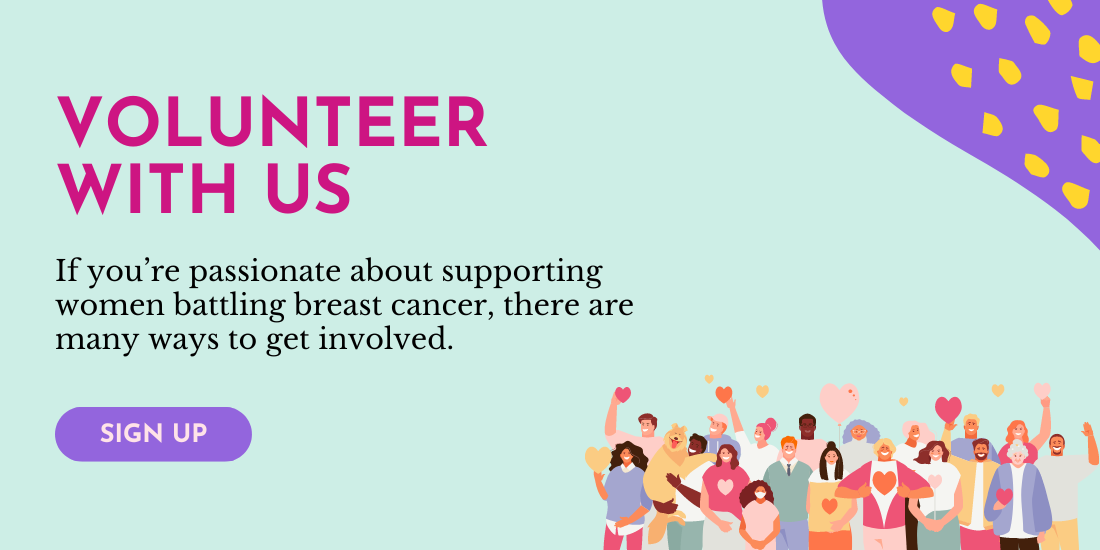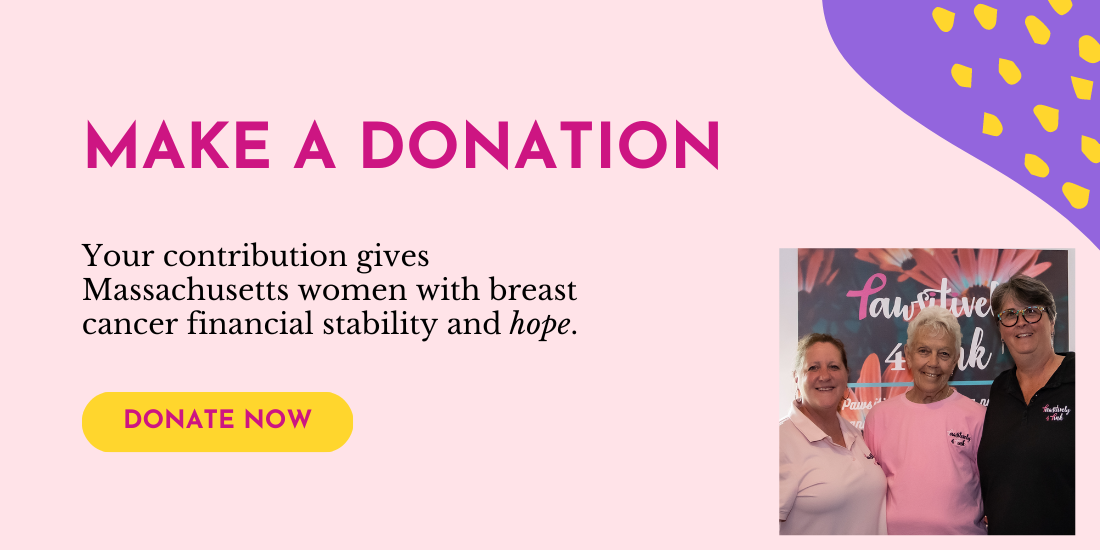You probably already know that volunteering is essentially good. But why is that? Why do so many people actively dedicate their time and efforts to causes that are close to their hearts?
Well, there is a short and a long answer. The short answer is that the act of volunteering not only helps others but also brings personal fulfillment and a sense of purpose, giving us unique opportunities to connect with like-minded people, learn new skills, and expand our horizons.
The long answer is the rest of this blog! In this article, we will explore the psychology that lies at the base of volunteering and how it can bring unique benefits to individuals and entire communities. The magic happens when people dedicate themselves to serving others and giving back to their community or a cause they particularly connect with!
The Importance of Giving Back
Volunteering is a powerful way to give back to society and contribute to the well-being of others. It allows people to connect with their communities, understand diverse perspectives, and address important social issues. By volunteering, you become an agent of change, creating positive ripple effects that benefit individuals, families, and entire communities. In today’s every-man-for-himself world, the act of giving back is not only a selfless gesture but also a fundamental aspect of building a more compassionate and inclusive world, training people to practice altruism and deconstruct selfishness.
Engaging in volunteer work provides a sense of purpose and fulfillment that goes beyond personal satisfaction. It allows you to see the direct impact of your efforts and witness the positive changes you help bring about. Giving back through volunteering nurtures empathy, compassion, and understanding, fostering a deeper connection with those in need and promoting a sense of unity and solidarity.
Why Volunteer?
#1: The Personal Benefits of Volunteer Work
Volunteer work offers many personal benefits that contribute to overall well-being and happiness. Volunteering can boost self-esteem and confidence as you tackle new challenges and contribute meaningfully to causes you care about. It provides a sense of accomplishment and pride in knowing that your efforts are making a difference in the lives of others. Volunteering also offers opportunities for personal growth and self-discovery as you step out of your comfort zone and explore new roles and responsibilities.
Volunteering can also have positive physical effects on health. Studies have shown that individuals who volunteer regularly experience lower stress levels and improved mood, resulting, for instance, in better blood pressure levels and a decrease in depression. Moreover, engaging in volunteer activities promotes social interaction and connections, reduces feelings of loneliness and isolation, and promotes a more social way of life.
#2: The Professional Benefits of Volunteer Work
As we explained in this blog, volunteering can also have significant professional benefits. Volunteering allows individuals to develop valuable skills and experience that can enhance their resumes and make them more attractive to potential employers. Through volunteering, you can gain practical experience in areas such as leadership, communication, project management, and teamwork, all of which are not only highly valued in the workplace but are also life skills that testify to your growth as a person.
Lastly, volunteer work can also help you explore new career paths, gain insight into different industries, and discover your passions and interests.
#3: The Impact of Volunteering on Communities
The impact of volunteering extends far beyond individual benefits: it shapes and strengthens communities in profound ways. Through volunteer work, communities receive vital support, resources, and services that enhance quality of life and address pressing social needs. Volunteers are crucial in building resilient, inclusive communities that prioritize equity, justice, and well-being for all members. The collective efforts of volunteers contribute to positive social change and sustainable development. From now on, when you wonder, “Why volunteer?” Remember this!
There are Many Types of Volunteer Opportunities
Volunteer opportunities come in various forms, depending on what you’re looking for. There are volunteering opportunities to suit every taste, from hands-on activities such as serving meals at a local shelter to remote opportunities like online advocacy campaigns. Whether you prefer direct interaction with individuals in need or behind-the-scenes support for organizations, there are endless ways to get involved and make a difference.
Volunteer roles can be short-term or long-term, one-time events or ongoing commitments, allowing individuals to find opportunities that align with their interests, skills, and availability. No matter your passion or expertise, there is a volunteer opportunity waiting for you. At Pawsitively 4 Pink, for example, we are always looking for new volunteers to help underserved women who are fighting breast cancer in Massachusetts. Maybe you’re interested in driving someone to their doctor’s appointments or lending a hand to organize our next event, or maybe you’d like to provide childcare support for moms with breast cancer. No matter your vocation, we’d love to have you as a volunteer!
Our Tips for a Rewarding Volunteer Experience
As a breast cancer nonprofit that has been around for a few years, we have learned a thing or two that will make your volunteer experience great.
Firstly, to ensure your volunteer experience is rewarding, it is important to approach this activity with intention, commitment, and an open mind. Set clear goals and expectations for your volunteer work, outlining what you hope to achieve and how you can contribute effectively. Communicate openly with volunteer coordinators and team members, expressing your interests, concerns, and availability. Be proactive in seeking feedback and guidance to enhance your volunteer experience and make a meaningful impact.
Secondly, take the time to learn about the organization you are volunteering for and understand its mission, values, and impact on the community. Familiarize yourself with the specific tasks and responsibilities of your volunteer role, asking questions and seeking clarification if you need it. Embrace the opportunity to collaborate with others, share ideas, and learn from different perspectives. Approach challenges with a positive attitude and a willingness to adapt and grow through your volunteer experience.
Are you ready to start giving back to your community? If you live in Massachusetts, we’d love to have you as a volunteer. All you have to do is fill out the form here.


